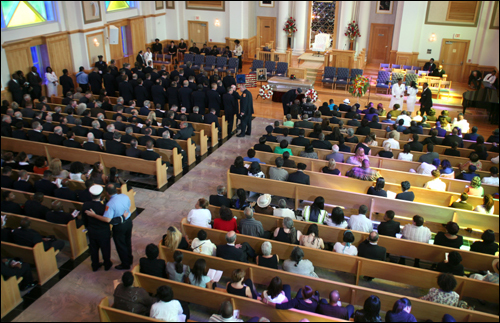- Facebook14
- Total 14
A new survey from the Public Religion Research Institute and the Berkley Center for Religion, Peace, and World Affairs at Georgetown University offers some intriguing findings about Millennials (defined in this instance as ages 18-24).
Self-image as a generation: Asked how their generation differs from their parents’, a total of 27% give critical answers (lazier, entitled, more selfish, or generally negative). A total of 21% say they are more more tech-savvy or better educated than their parents. And 17% say they are less religious/moral, or more tolerant, or more liberal. Looking at the historical data, I would say that they are more liberal on some social and economic issues than their parents were at the same age. They spend considerably less time reading and studying, which could be a sign of laziness, although that trend alone doesn’t support a holistic indictment. They are more tech-savvy and perhaps somewhat better educated, although trends in educational attainment have plateaued during their lifetimes. The negative responses may reflect a general tendency to assume that things are declining.
Race: An important respect in which young people are not very liberal is race. Almost half (48%) of the respondents think that “discrimination against whites has become as big a problem as discrimination against blacks and other minorities.” Fifty-eight percent of white respondents think that’s the case. Note that they are demonstrably wrong: discrimination against African Americans and other racial minorities remains a powerful force. And we now live in a time when the Supreme Court will strike down almost any affirmative efforts to reduce racial segregation.
Ideology: Responses are a little mixed, reflecting the ambivalence that people of all ages feel. A significant majority (56%) say that government has grown over the years because it has “gotten involved in things people should do for themselves.” More than two thirds think (either agreeing or mostly agreeing) that poor people have become too dependent on government assistance. This is interesting since the federal government has in fact withdrawn from providing welfare and housing directly and no longer intervenes in other prominent ways, such as by desegregating local schools.
On the other hand, nearly two thirds think that inequality of opportunity is a big problem. These responses are not contradictory if substantial numbers of Millennials want to see more equality but distrust the government as a means to that end. Trust in government has eroded badly.
Asked to rate their feelings for various groups on a 1-100 scale, survey respondents respond very positively about Christians, Jews, and African Americans, less so about Muslims and Mormons. The Christian Right scores in positive territory at 54.1; Occupy Wall Street is below the midpoint at 44.5. The Tea Party is a little lower at 41, and the federal government in Washington scores worst of all at 40.9.

